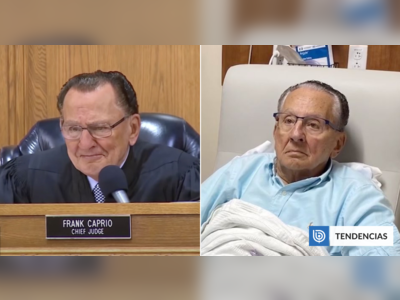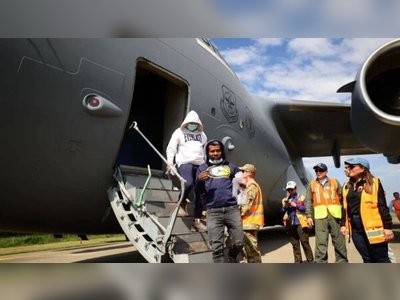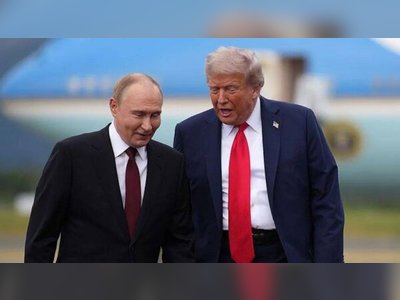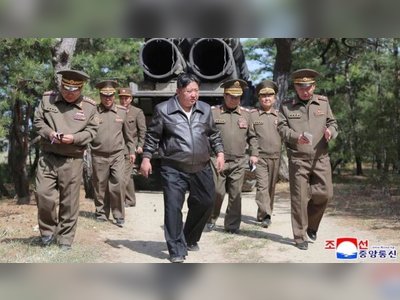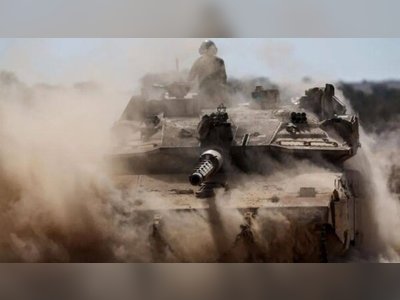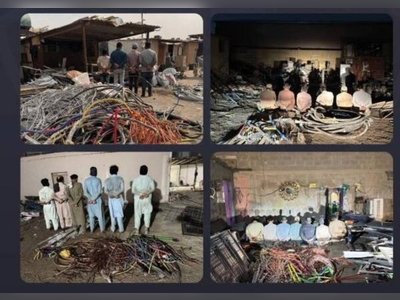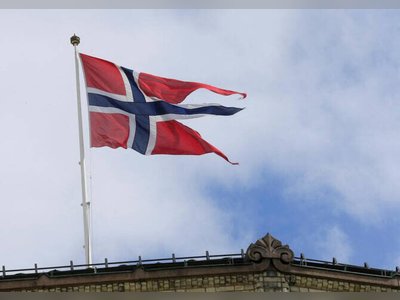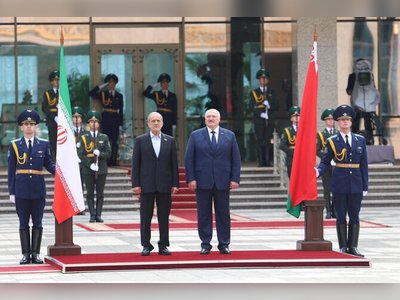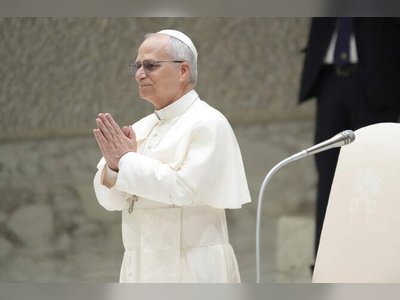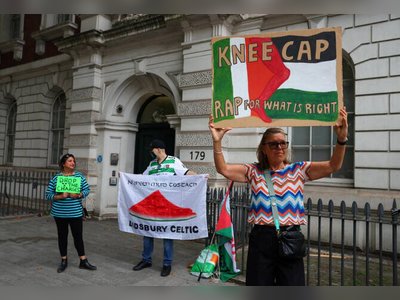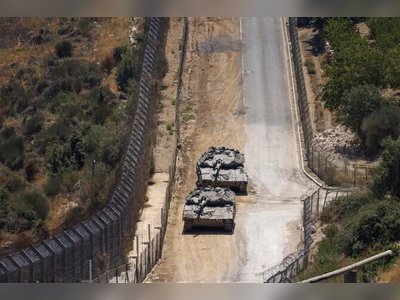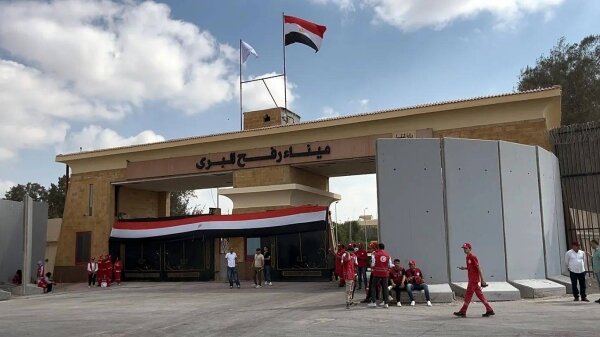
Aid Drivers Hope for Gaza Entry as Egyptian and Palestinian Leaders Meet at Rafah Crossing
Egyptian Foreign Minister Badr Abdelatty and Palestinian Prime Minister Mohamed Mustafa meet to discuss humanitarian aid access to the Gaza Strip.
Approaching the Egyptian border with the Gaza Strip on the long, bumpy Mediterranean road, it is hard to ignore the increasing presence of camouflaged military personnel and equipment.
Young soldiers holding machine guns peek out from abandoned structures, and armoured vehicles suddenly appear between the divots of sand dunes.
Then you reach the wall.
Concrete sheets stretch meters into the sky and far off into the distance, with one road bisecting them, leading to the actual crossing.
Hundreds of trucks laden with aid bound for Gaza line this road, but much of it remains dormant as Israel continues to allow only a trickle of humanitarian access through the Rafah crossing.
A WHO worker standing in front of a lorry laden with ICU beds reported that only 40 vehicles are allowed into the enclave each day.
The UN and its agencies previously stated that they were able to bring in between 500 and 600 lorries each day during the ceasefire earlier this year, which matched the needs of Gaza's 2 million people.
A major announcement was expected as Egyptian Foreign Minister Badr Abdelatty and Palestinian Prime Minister Mohamed Mustafa were set to meet at the crossing.
The arrival of these high-ranking officials brought excitement and hope for increased aid access to the area.
However, no new announcements or promises were made during their 25-minute speech, leaving many in suspense.
The drivers and volunteers present hoped that this meeting would result in improved access for them and their cargo.
These drivers face significant challenges in delivering aid to Gaza, including limited entry points and destroyed infrastructure.
Both the Egyptian and Palestinian officials emphasized their commitment to ending the occupation and restoring a noble life to the people of Gaza.
The EU and former colonial powers were called upon to play a more active role in achieving peace and ending the violence in the region.
As the meeting concluded, Hamas announced its agreement to a 60-day US-Egyptian-Qatari ceasefire proposal, pending Israel's approval.
Meanwhile, back at the Rafah crossing, aid drivers like Mahmoud and Ramadan continued to wait for their opportunity to enter Gaza and deliver much-needed supplies.
Young soldiers holding machine guns peek out from abandoned structures, and armoured vehicles suddenly appear between the divots of sand dunes.
Then you reach the wall.
Concrete sheets stretch meters into the sky and far off into the distance, with one road bisecting them, leading to the actual crossing.
Hundreds of trucks laden with aid bound for Gaza line this road, but much of it remains dormant as Israel continues to allow only a trickle of humanitarian access through the Rafah crossing.
A WHO worker standing in front of a lorry laden with ICU beds reported that only 40 vehicles are allowed into the enclave each day.
The UN and its agencies previously stated that they were able to bring in between 500 and 600 lorries each day during the ceasefire earlier this year, which matched the needs of Gaza's 2 million people.
A major announcement was expected as Egyptian Foreign Minister Badr Abdelatty and Palestinian Prime Minister Mohamed Mustafa were set to meet at the crossing.
The arrival of these high-ranking officials brought excitement and hope for increased aid access to the area.
However, no new announcements or promises were made during their 25-minute speech, leaving many in suspense.
The drivers and volunteers present hoped that this meeting would result in improved access for them and their cargo.
These drivers face significant challenges in delivering aid to Gaza, including limited entry points and destroyed infrastructure.
Both the Egyptian and Palestinian officials emphasized their commitment to ending the occupation and restoring a noble life to the people of Gaza.
The EU and former colonial powers were called upon to play a more active role in achieving peace and ending the violence in the region.
As the meeting concluded, Hamas announced its agreement to a 60-day US-Egyptian-Qatari ceasefire proposal, pending Israel's approval.
Meanwhile, back at the Rafah crossing, aid drivers like Mahmoud and Ramadan continued to wait for their opportunity to enter Gaza and deliver much-needed supplies.
